The Hidden Ingredient Part 7: Indigo - The King of Color and Healing
TL;DR: From 6,000-year-old Peruvian cotton to modern wellness, indigo has been nature's most treasured dye, offering antibacterial, skin-soothing properties that synthetic alternatives can't match.

Recently, scientists unearthed the oldest dyed fabric in the world: a 6,000-year-old piece of cotton from Peru, colored with indigo.
From ancient rituals to modern wellness, indigo has always been more than just a beautiful blue. It has been revered as medicine, as a symbol of peace, and as one of nature's most powerful dyes. Today, we invite you to rediscover why indigo deserves its crown as the king of all dyes.
What Makes Natural Dyes Special?
Since the beginning of time, humans have sought color in their lives. Our ancestors painted caves, decorated leather, and dyed textiles with pigments from plants. More than 400 plants around the world have been used as natural dye sources, many still in use today.
But with industrialization came synthetic dyes. Cheap and convenient, they quickly replaced plant dyes. Yet what was gained in efficiency was lost in health and sustainability.
Here's why natural dyes matter more than ever:
- 🌱 Non-toxic and biodegradable – Plant dyes break down naturally and don't pollute waterways
- 🌿 Gentle on skin – Many natural dyes are hypoallergenic, some even medicinal
- 💧 Chemical-free production – Indigo and turmeric, for example, bind to fabric without harsh mordants
- 🧵 Long-lasting beauty – Fabrics dyed with indigo stay vivid and durable for decades
Why Indigo Reigns Supreme
Indigo comes from a family of over 140 leafy plants, though only a few yield dye. Turning those green leaves into deep blue requires a magical oxidation process: when the leaves meet air, they transform.
No wonder indigo was treasured across cultures:
Japan
For centuries, indigo was the everyday color of common people. Samurai even wore indigo-dyed garments under their armor because they believed it healed wounds and prevented infection.
Native America
The Cherokee brewed indigo tea for nausea, the Osage used it as eyewash, and other tribes applied it to control bleeding.
India
Used in traditional medicine to soothe skin, calm the body, and restore balance.
But indigo is more than cultural history. Science now confirms its benefits:
- 🌙 Calming and sedative effects – Perfect for sleep when woven into bed sheets
- 🛡️ Antibacterial and skin-soothing – Helpful for sensitive skin and conditions like eczema
- 🍃 Antioxidant and anticancer properties – Plant wisdom backed by modern research
Indigo and Fabric Longevity
Unlike most dyes that fade, indigo clings to cotton fibers like a protective coat. This "wrapping" effect makes fabrics more durable, a fact you can see in centuries-old Persian rugs where indigo threads still shine while others wear down.
It's also why Levi Strauss originally chose indigo for denim workwear: it made clothes last.
The Problem With Synthetic Indigo
Sadly, most jeans today are not dyed with real indigo. They use a synthetic substitute called aniline, which:
- 💀 Harms waterways during production
- 💧 Consumes enormous amounts of water
- ❌ Offers none of the medicinal or skin benefits of true plant-based indigo
The result? Fabrics that look blue but lack the healing touch of nature.

Why AIZOME Uses Real Indigo
At AIZOME, we believe some traditions are worth preserving. Indigo has been used for over 6,000 years to bring beauty, healing, and longevity to textiles. Unlike synthetic dyes, real indigo supports both your health and the planet.
That's why we dye our bedding with natural indigo:
- ✨ Safe for sensitive skin
- 🦠 Naturally antibacterial and hypoallergenic
- 🌍 Gentle on the environment
- 💪 Durable, vivid, and timeless
Mother Nature has given us everything we need, and indigo is her gift of color and healing. By choosing real indigo, we not only honor this heritage but also create healthier homes and a more sustainable future.
Quick Indigo Facts
- 📅 Used as a natural dye for 6,000 years
- 🛡️ Antibacterial, skin-soothing, and calming
- 💪 Extends fabric life
- 🌱 Eco-friendly and non-toxic
- 🌏 Still treasured in Japan, India, and beyond

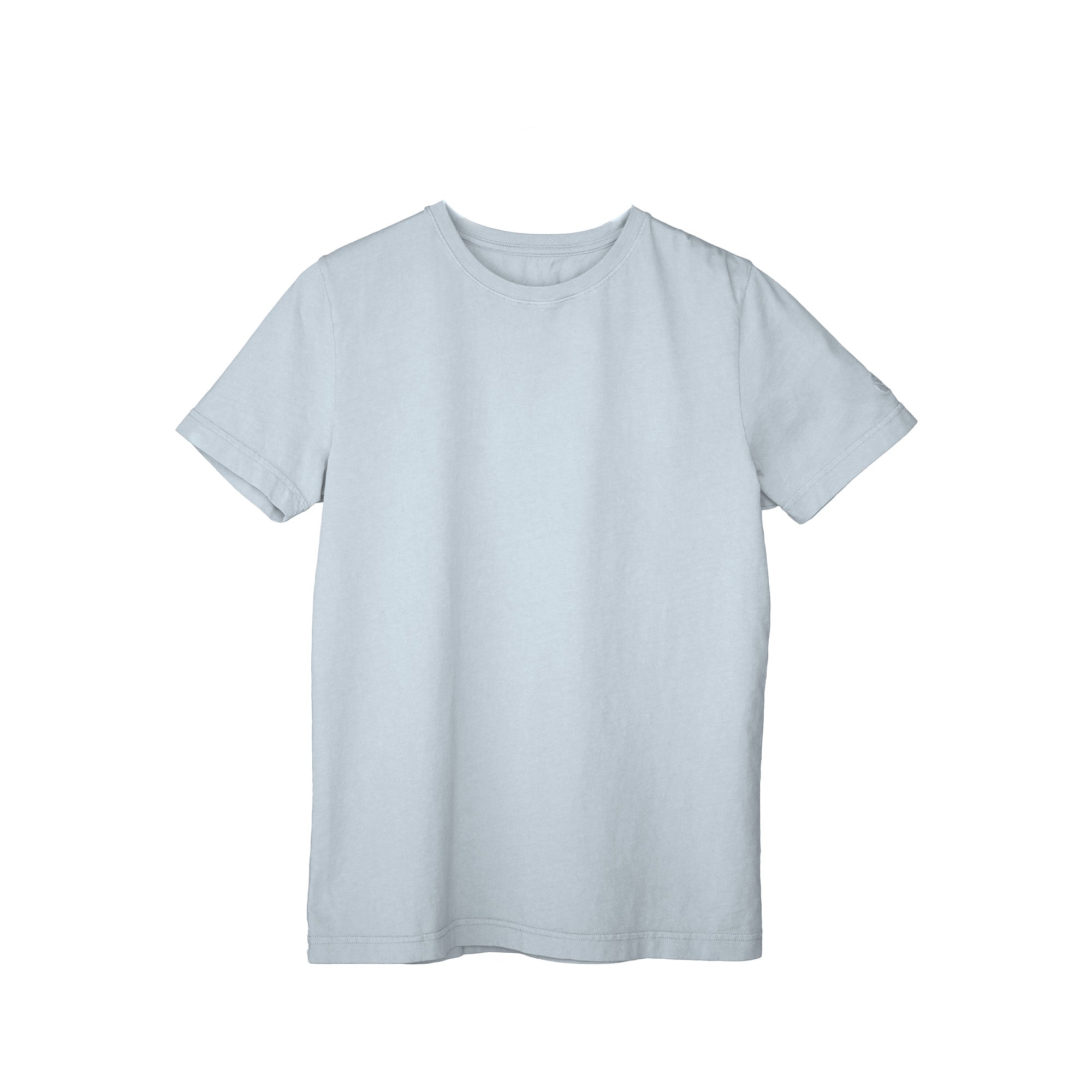

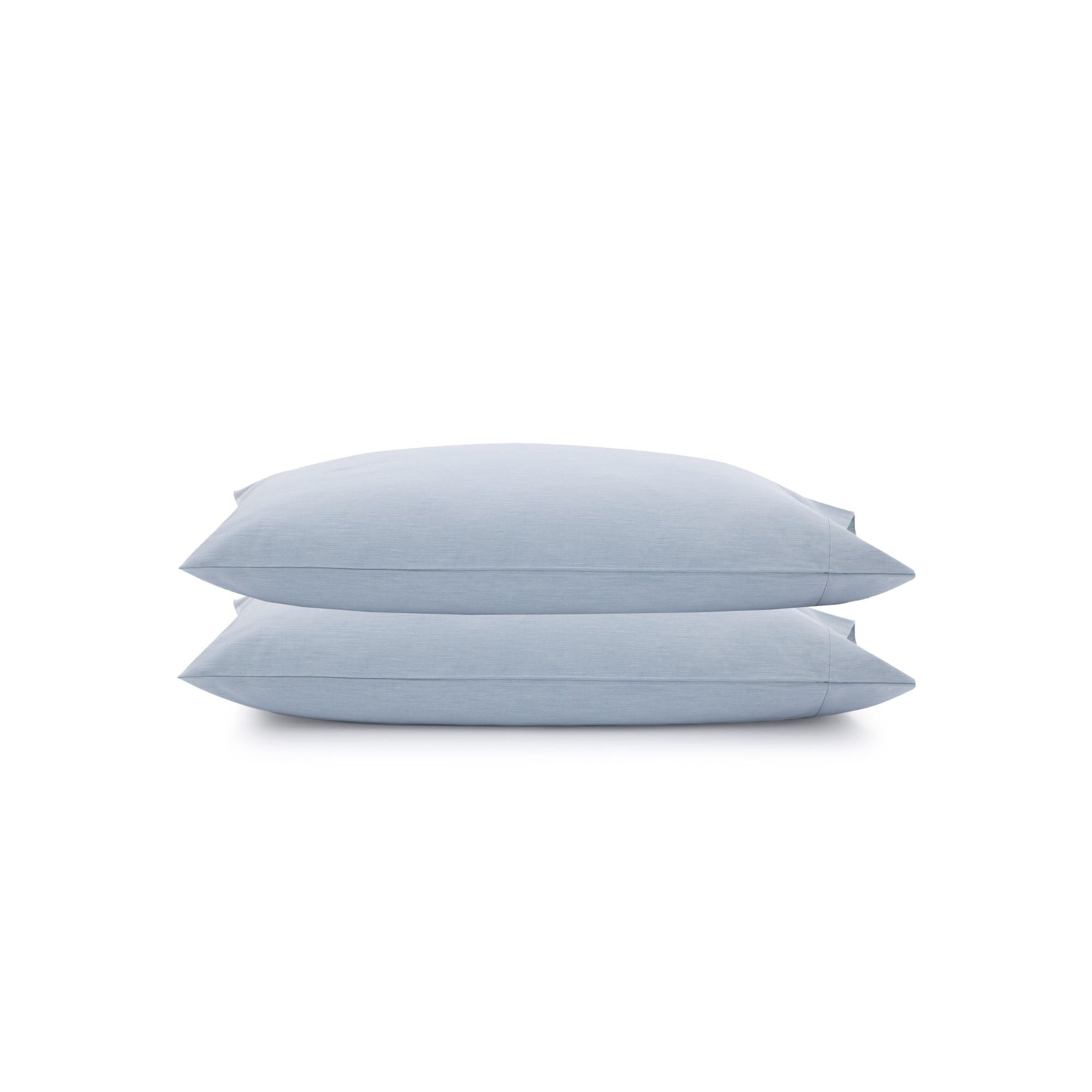
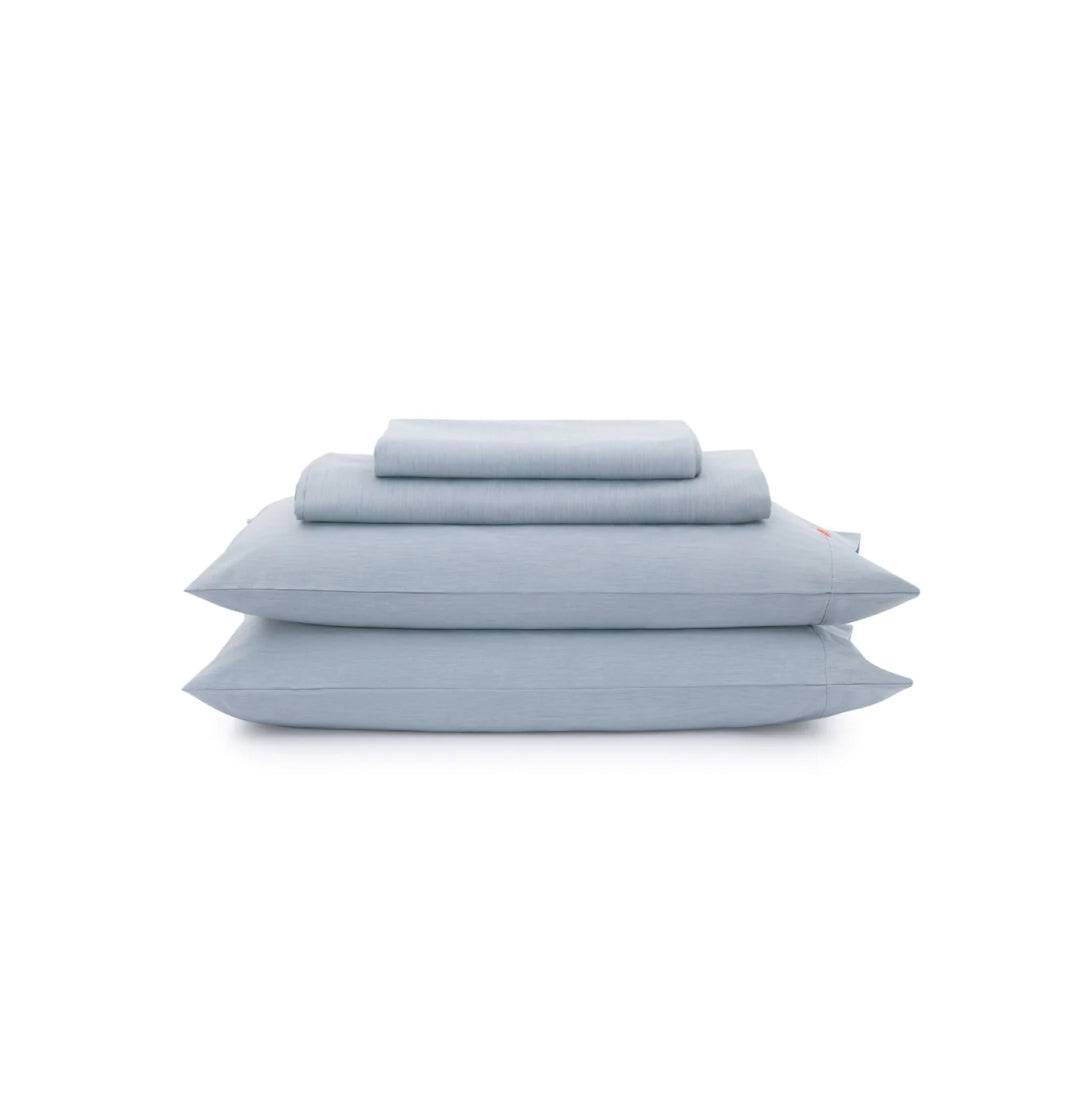
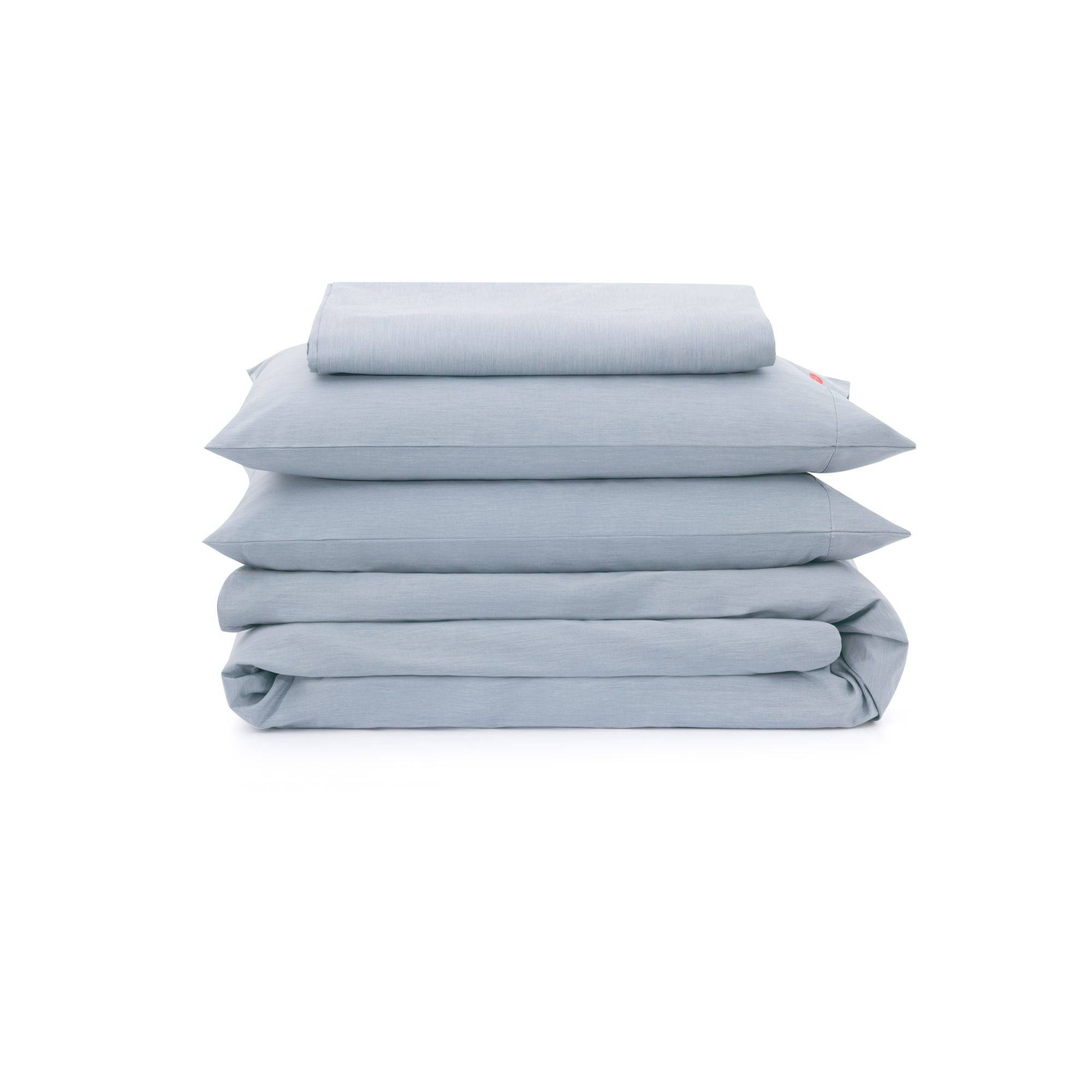
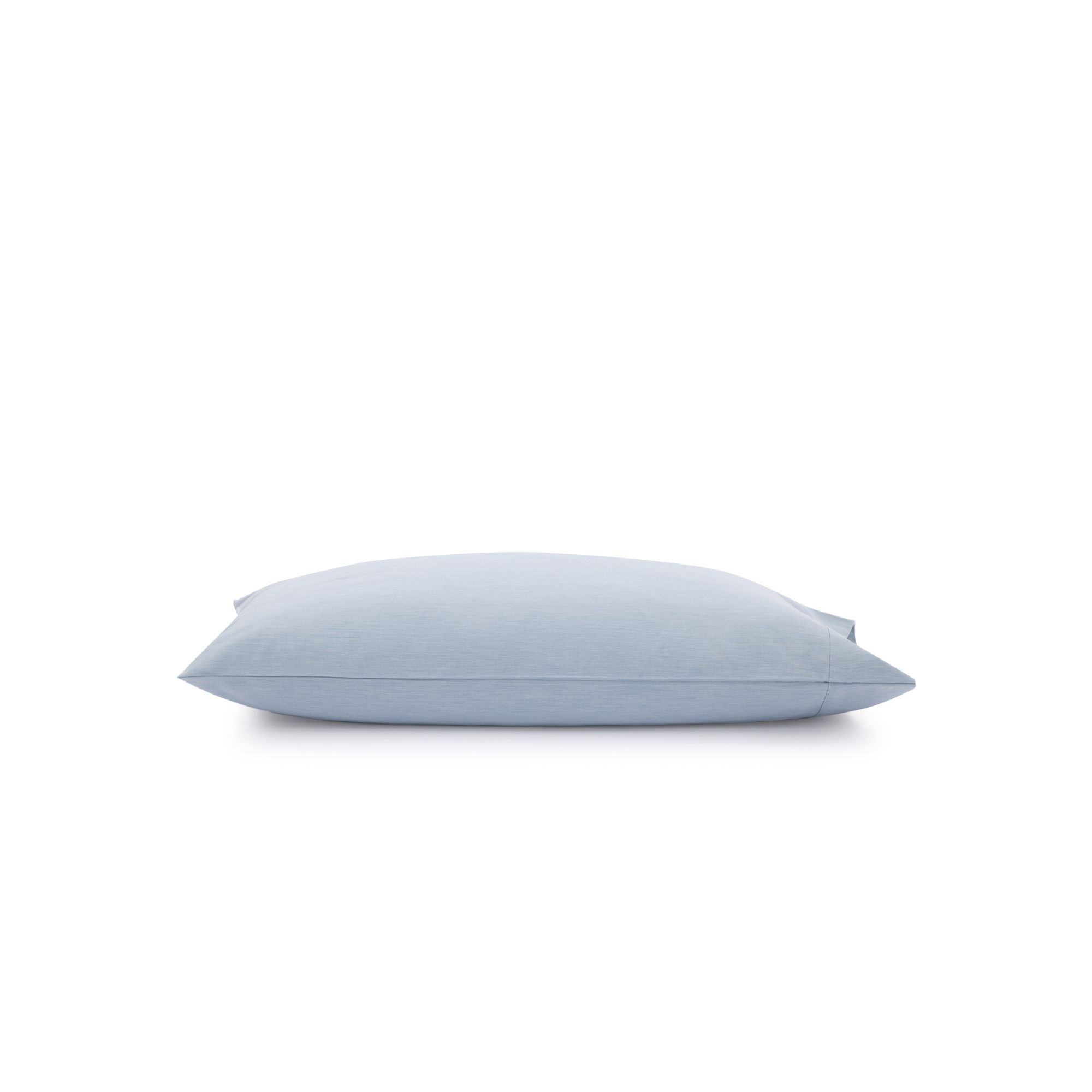
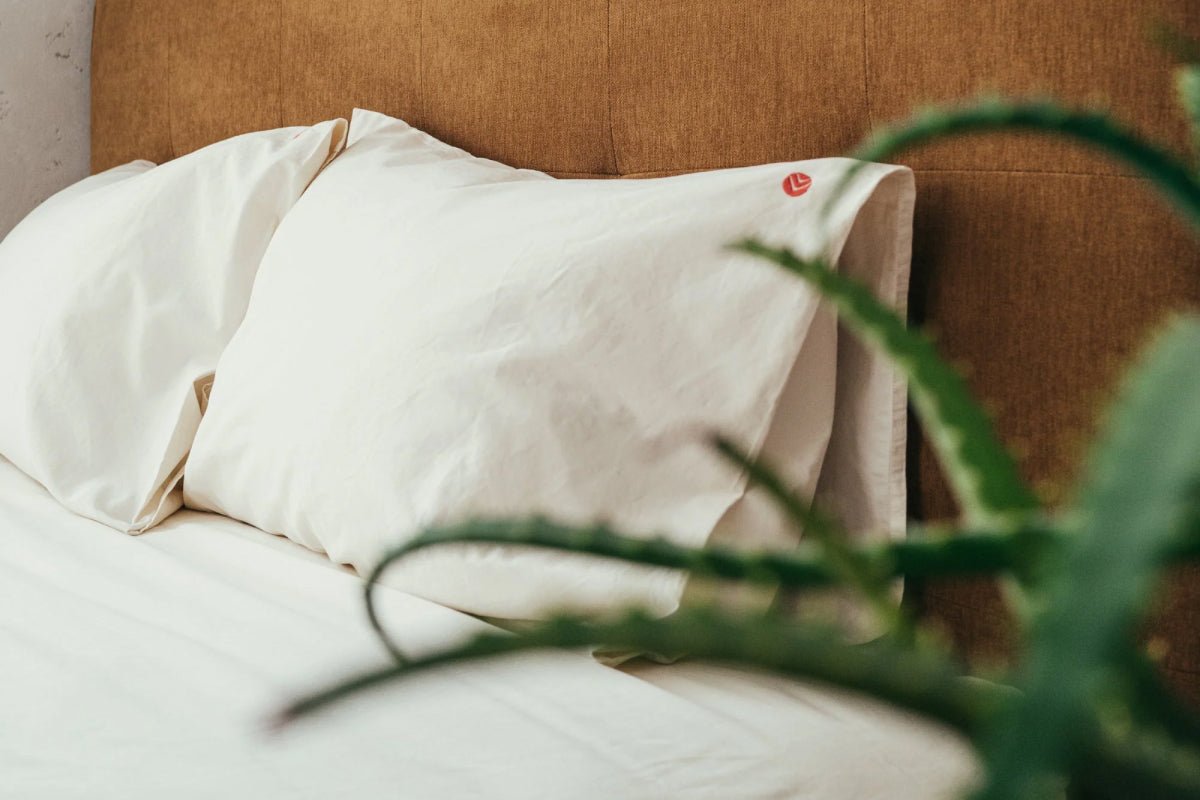 Bedding
Bedding
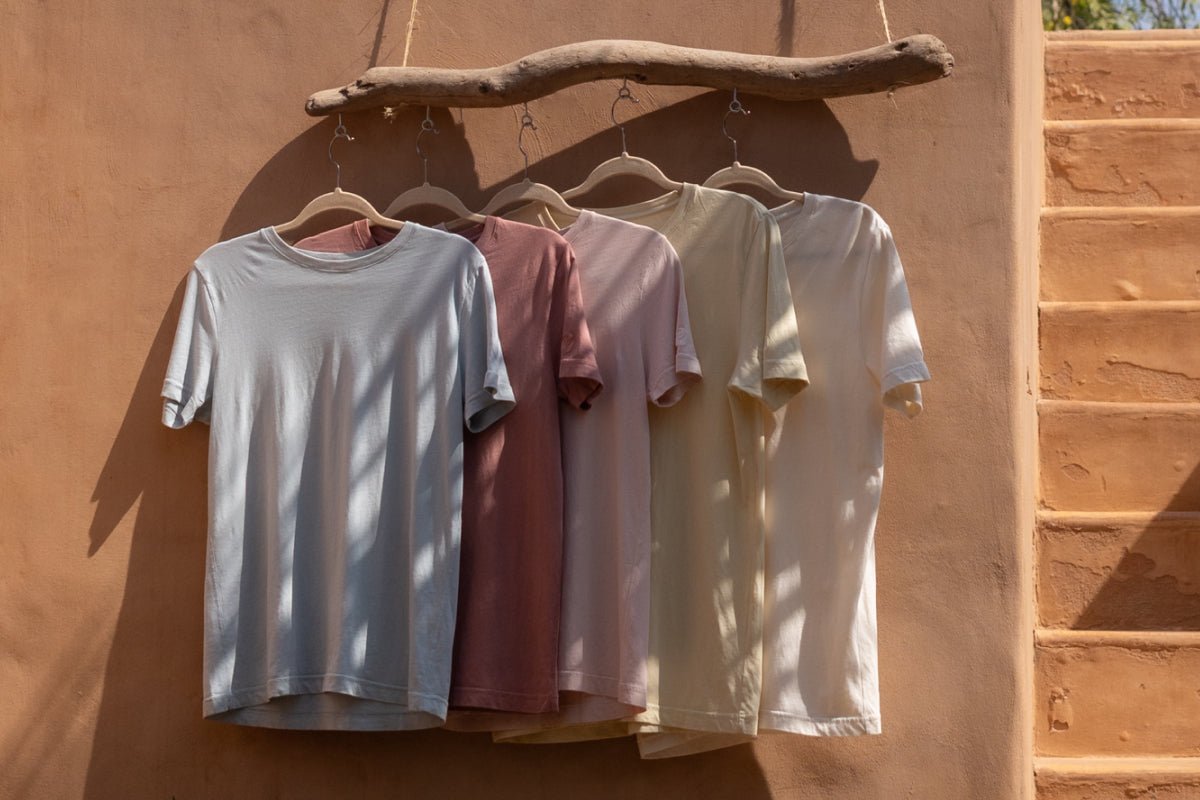 Clothing & Accessories
Clothing & Accessories
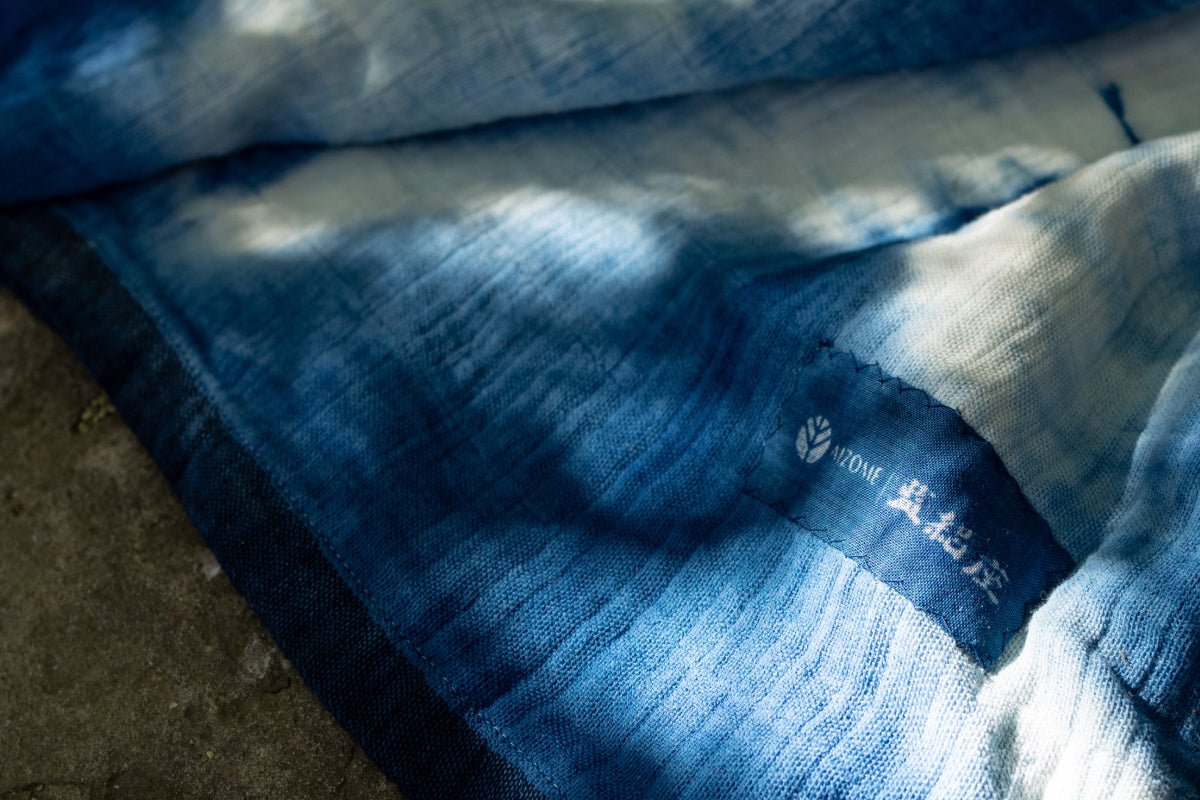 Artisan Line
Artisan Line
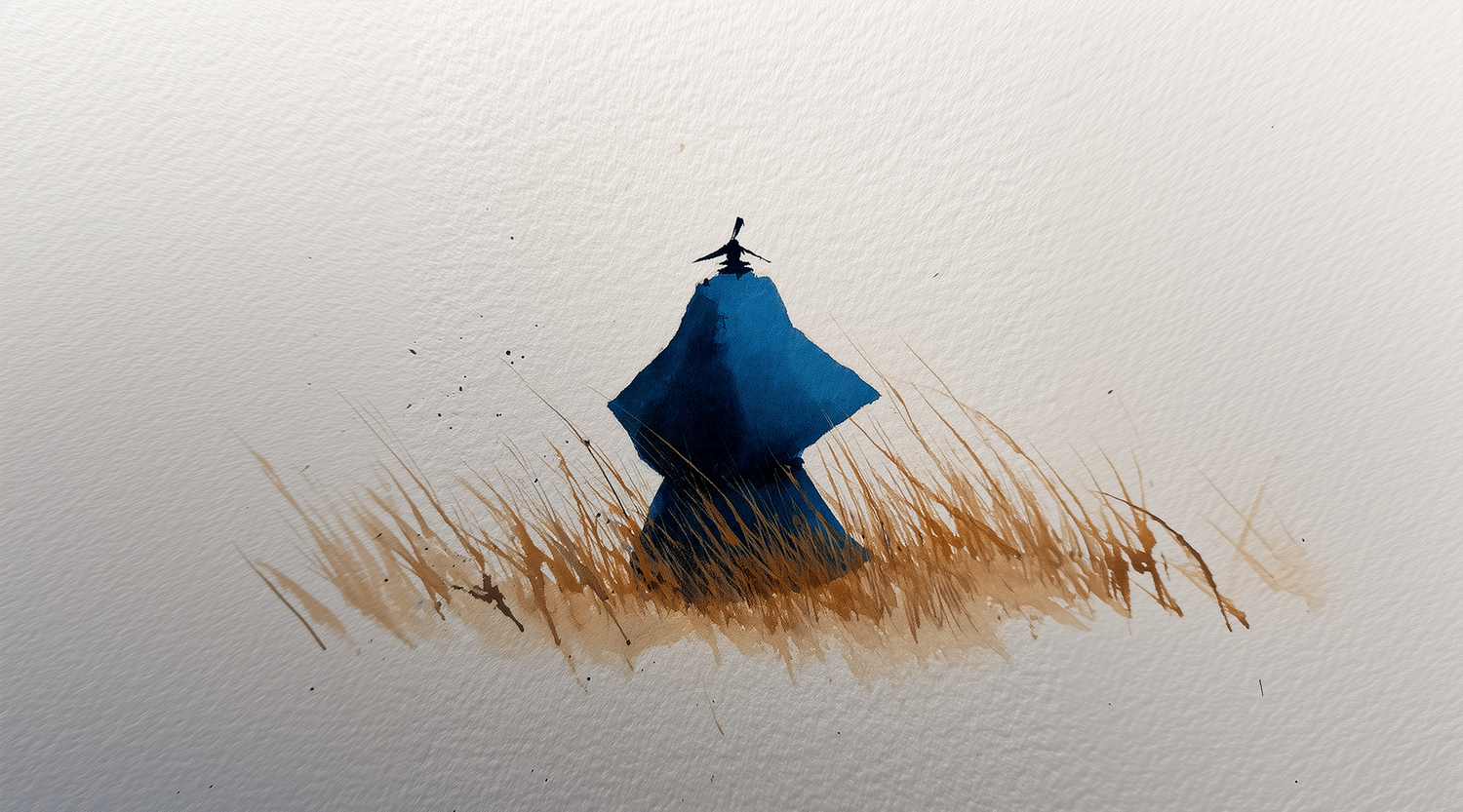
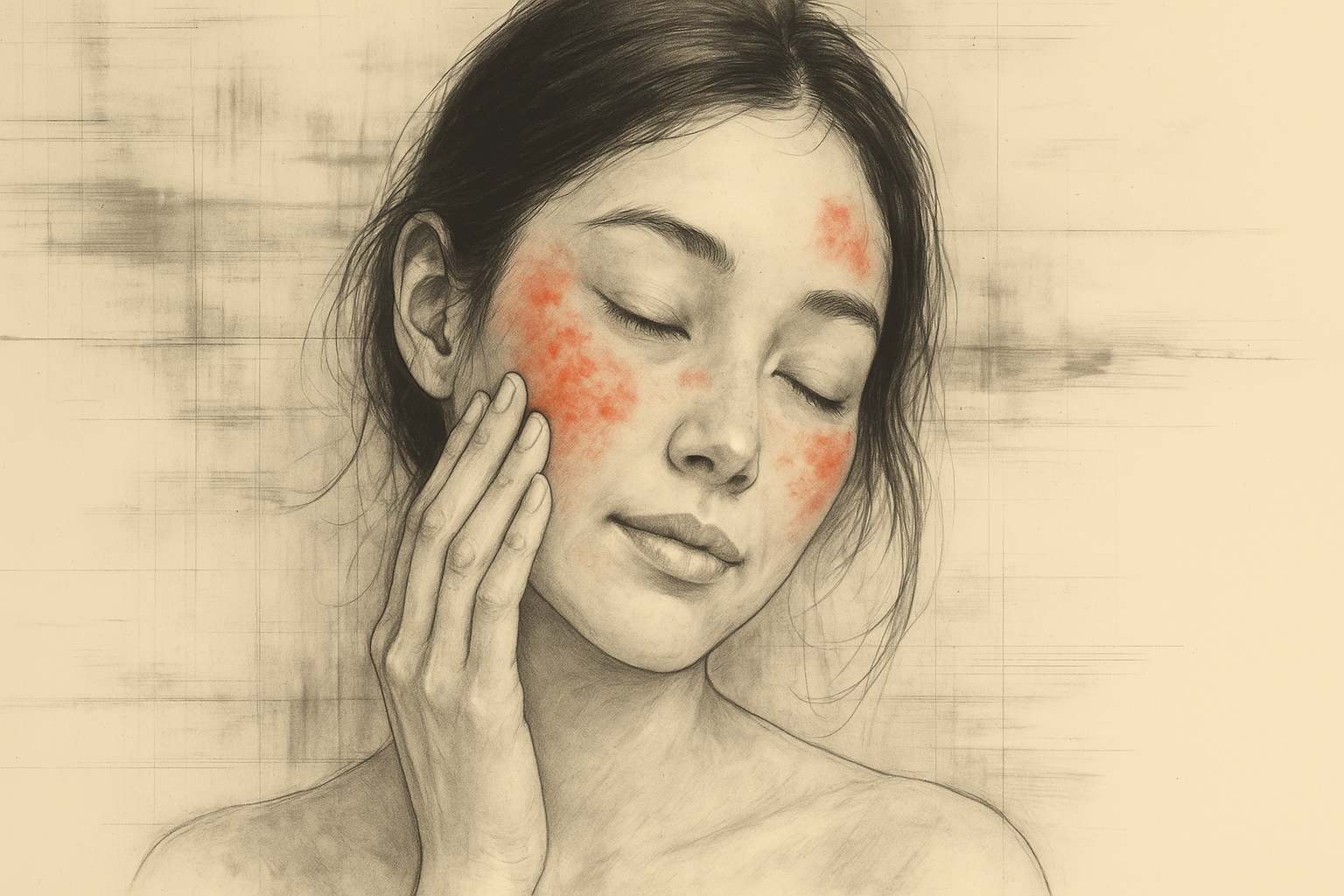
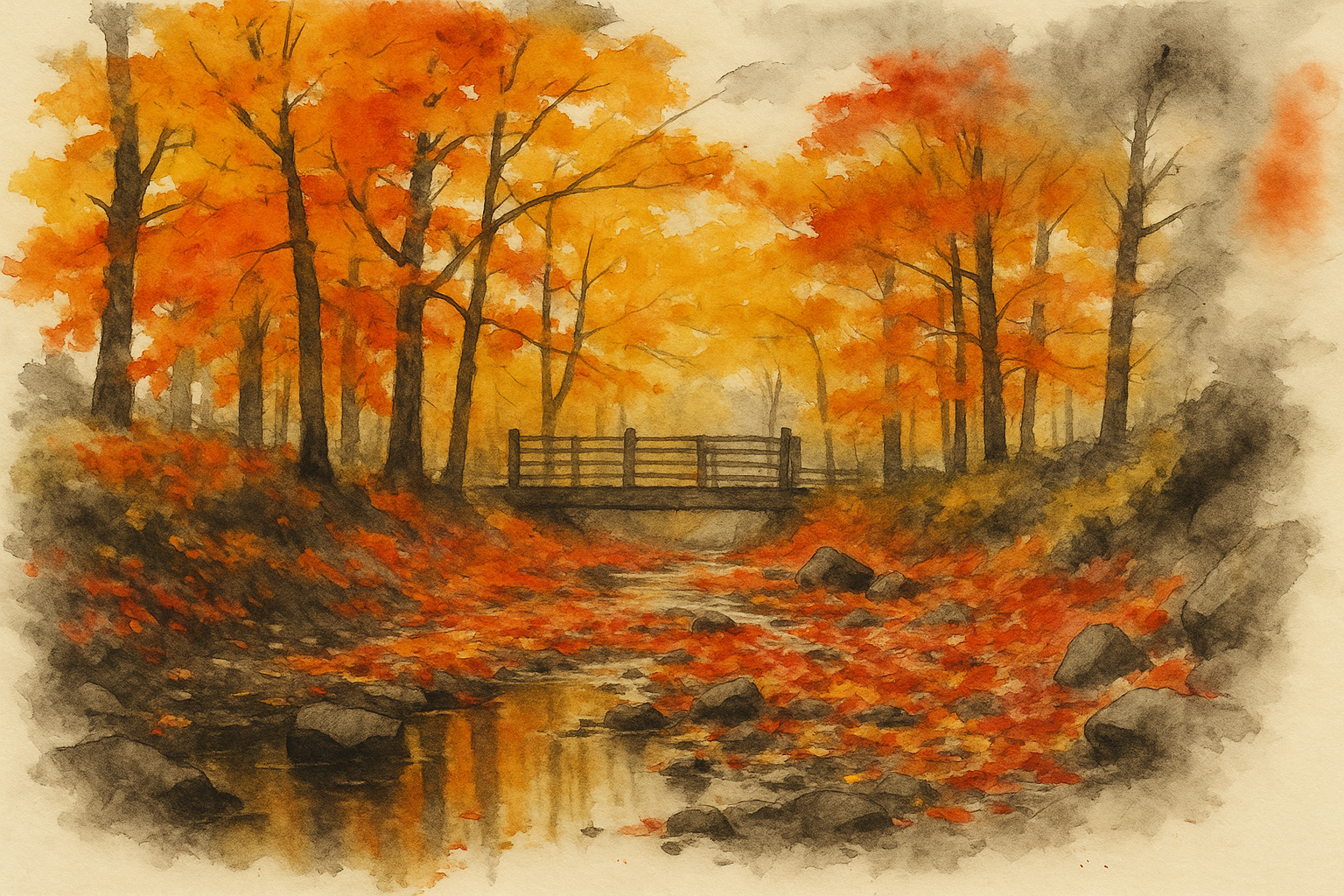
Leave a comment
All comments are moderated before being published.
This site is protected by hCaptcha and the hCaptcha Privacy Policy and Terms of Service apply.